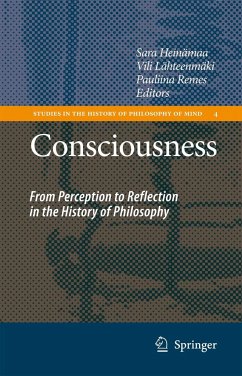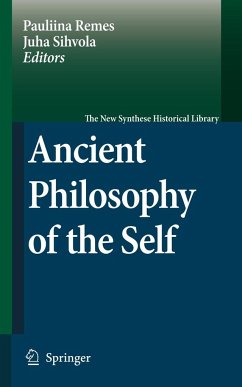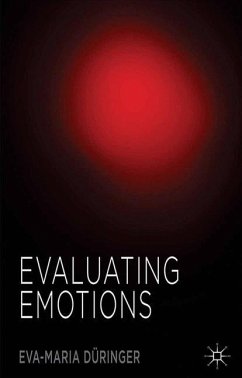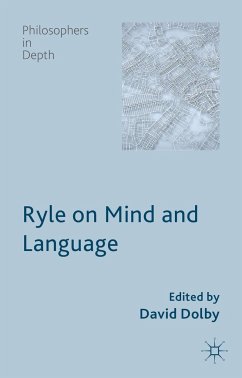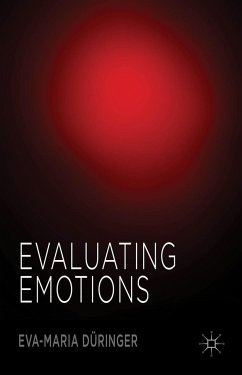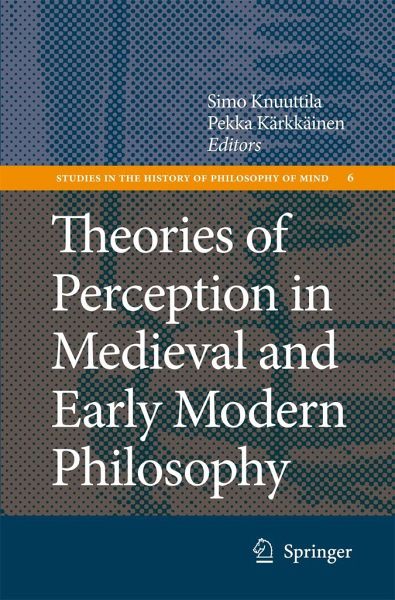
Theories of Perception in Medieval and Early Modern Philosophy
Versandkostenfrei!
Versandfertig in 6-10 Tagen
113,99 €
inkl. MwSt.

PAYBACK Punkte
57 °P sammeln!
This is the first extensive account of philosophical psychology of perception from ancient to early modern times. The book aims to shed light on the developments in the theories of sense-perception in medieval Arabic and Latin philosophy, their ancient background and traditional and new themes in early modern thought. Particular attention is paid to the philosophically significant parts of the theories. The articles concentrate on the so-called external senses and related themes.
Sense perception is one of the classical themes in philosophy. Although perhaps not among the most exciting topics, it is traditionally considered a necessary preamble to many of these, such as the mind-body relationship, consciousness, knowledge, and scepticism. This introductory role is not the only reason for the philosophical interest in perception. It is also a phenomenon which raises important questions about what is perceived, how a perceptual experience is caused, what the content of perception is, whether this content is conceptual, how perception is related to epistemic attitudes, and so on. While philosophical psychology is the main area in which perception is dealt with in contemporary philosophy, itis also discussed in the theory of knowledge, cognitive science, philosophical aesthetics and metaphysics. In recent years, the rich tradition of various philosophical theories of perception has been increasingly studied by scholars of the history of philosophy of mind. Itmay be added that there is of course a large number of scienti c studies of perception in psychology, physiology and contemporary neuroscience.





